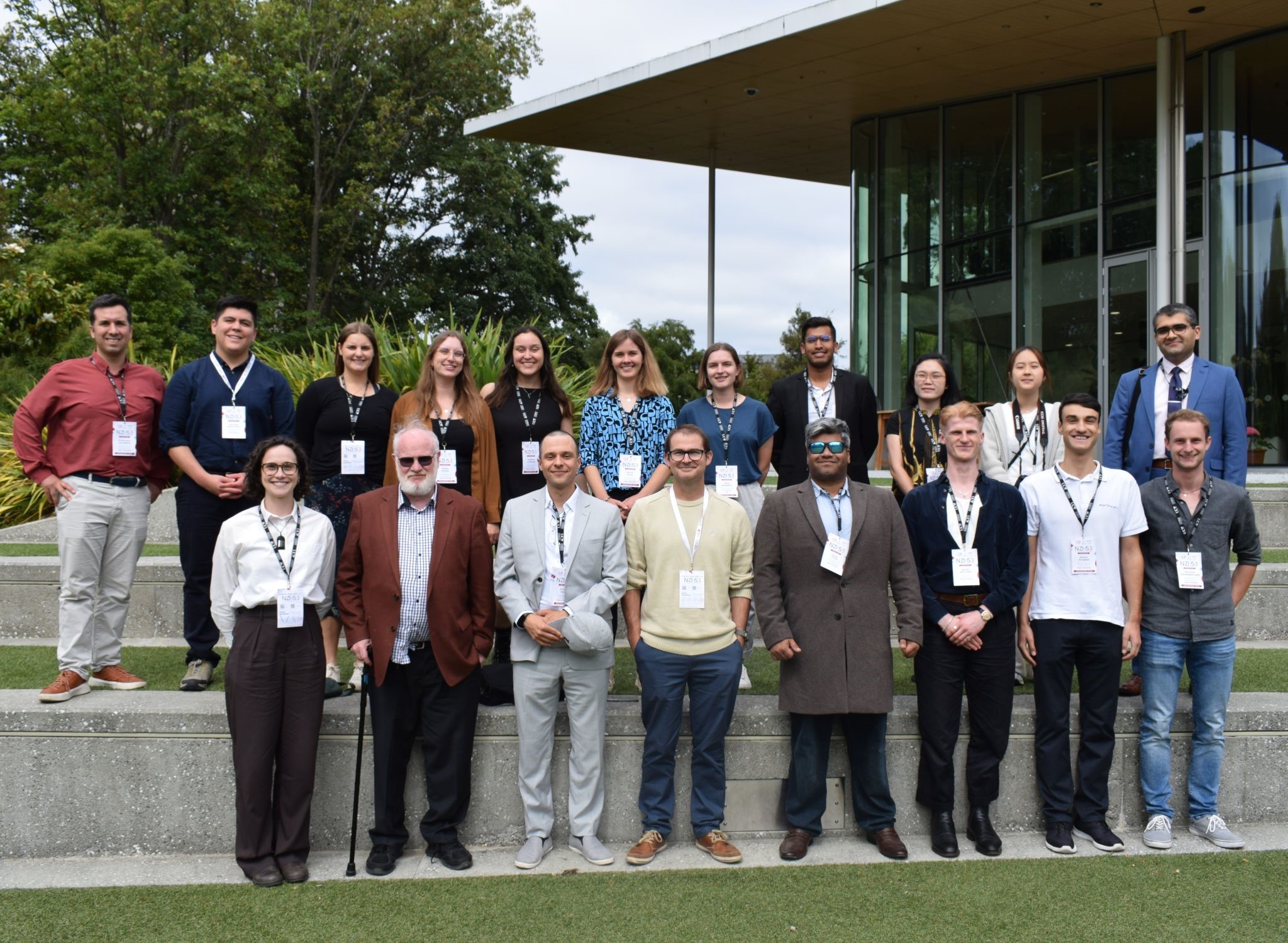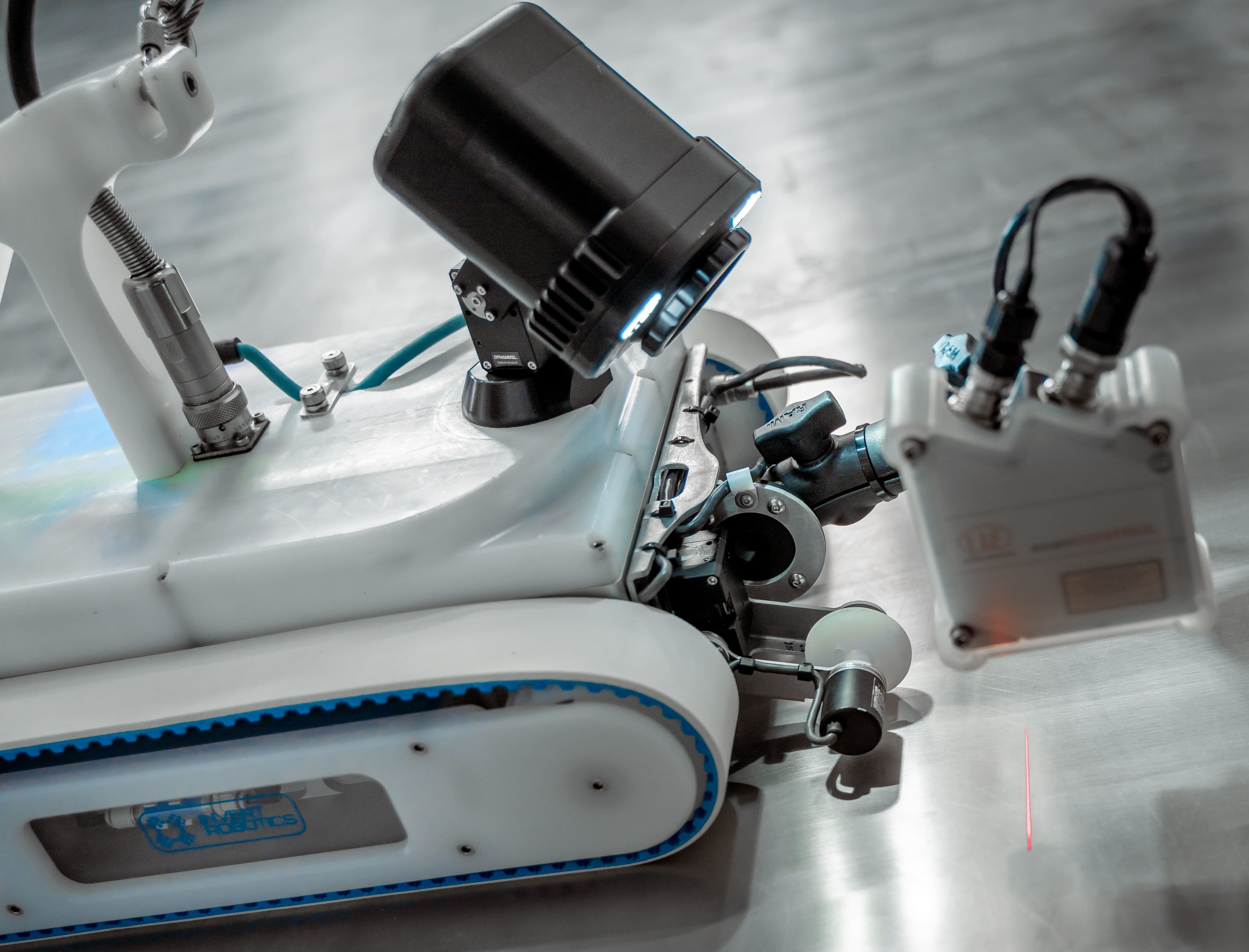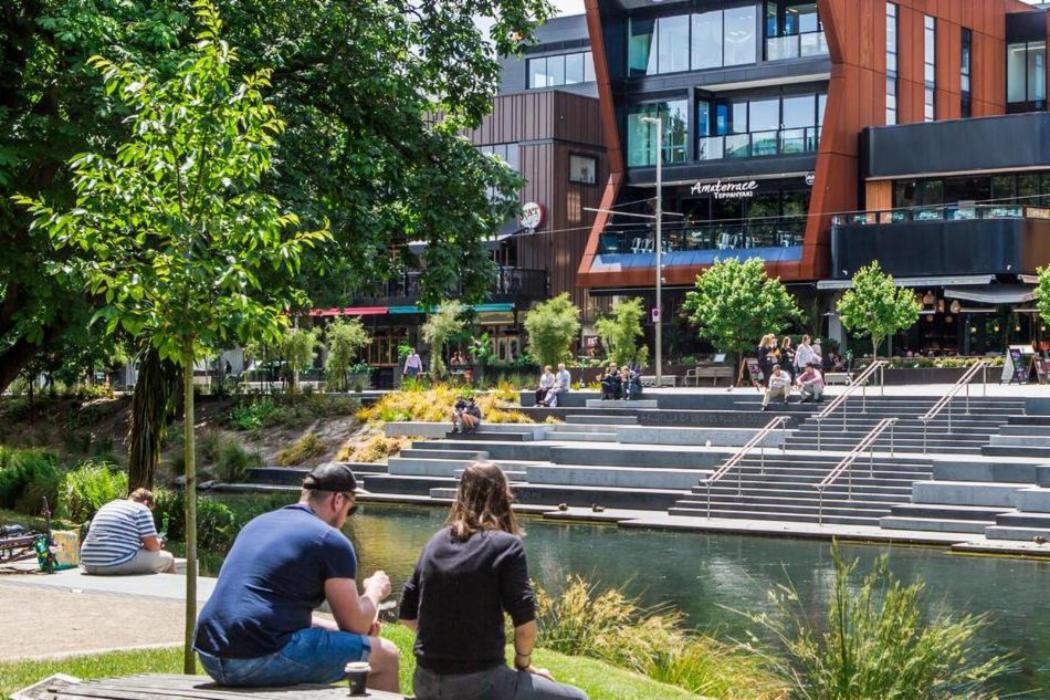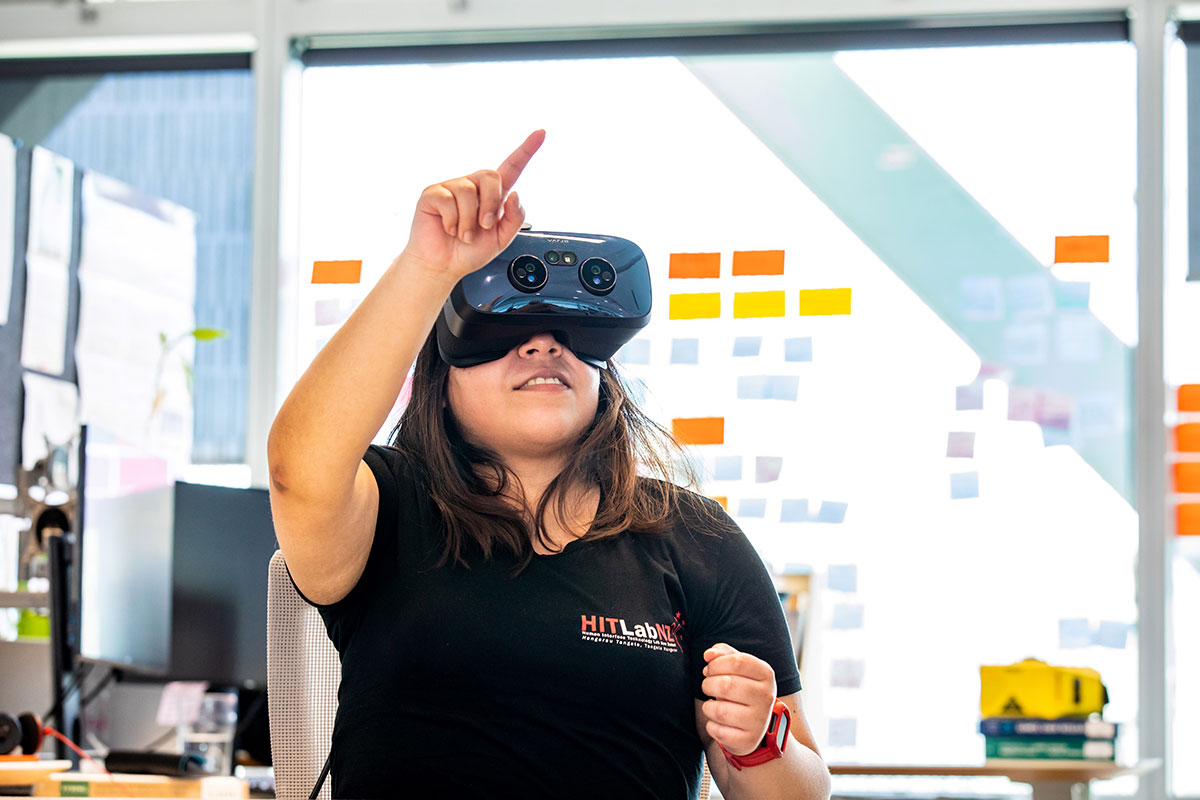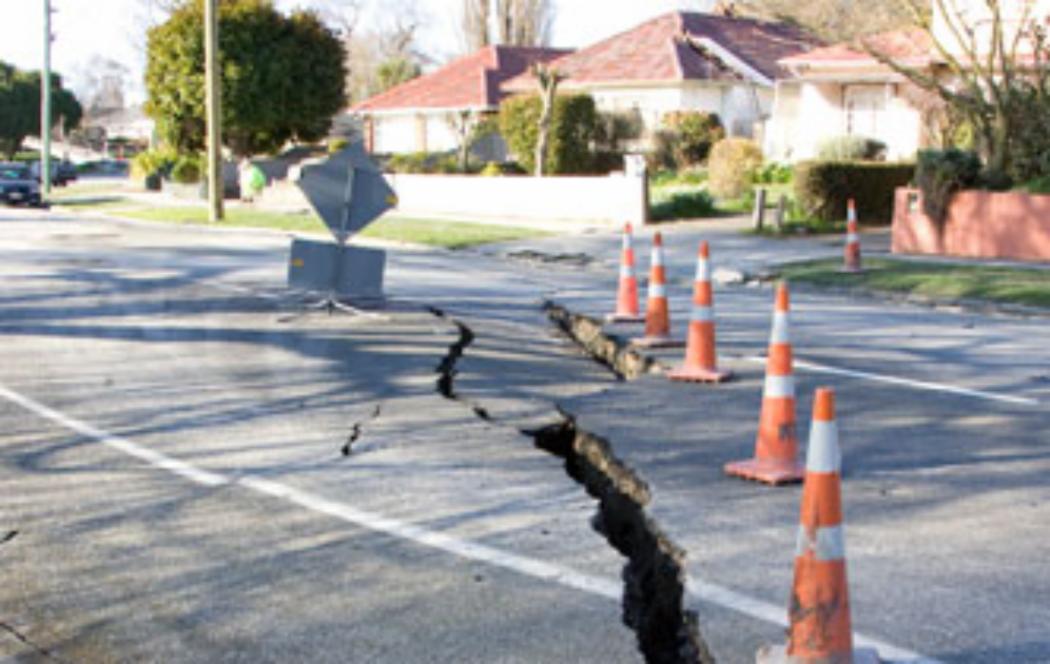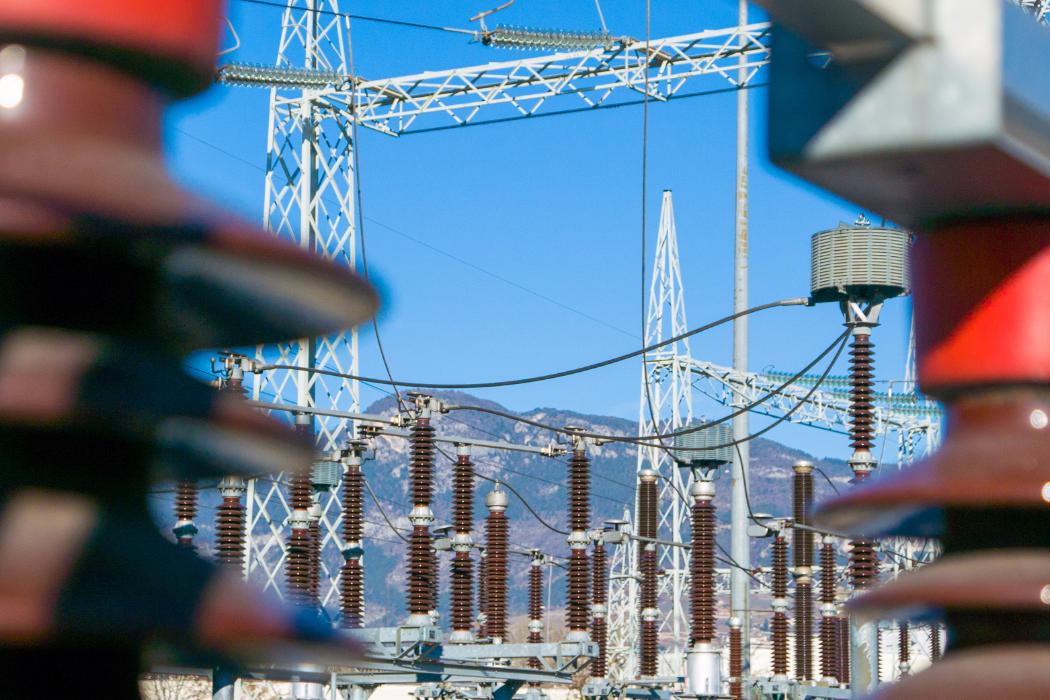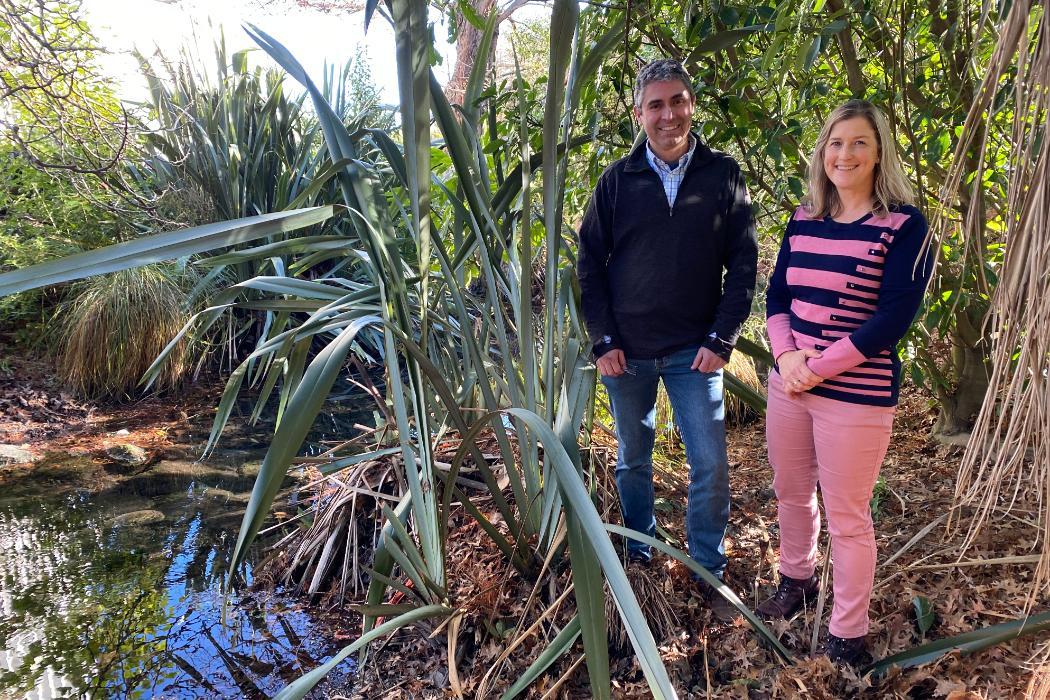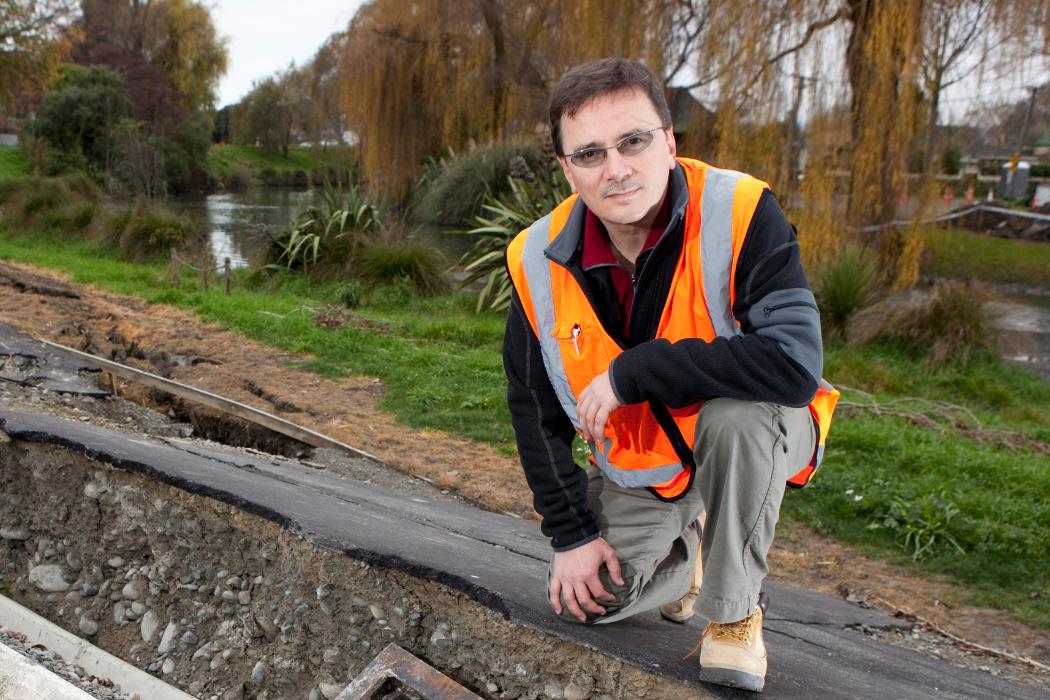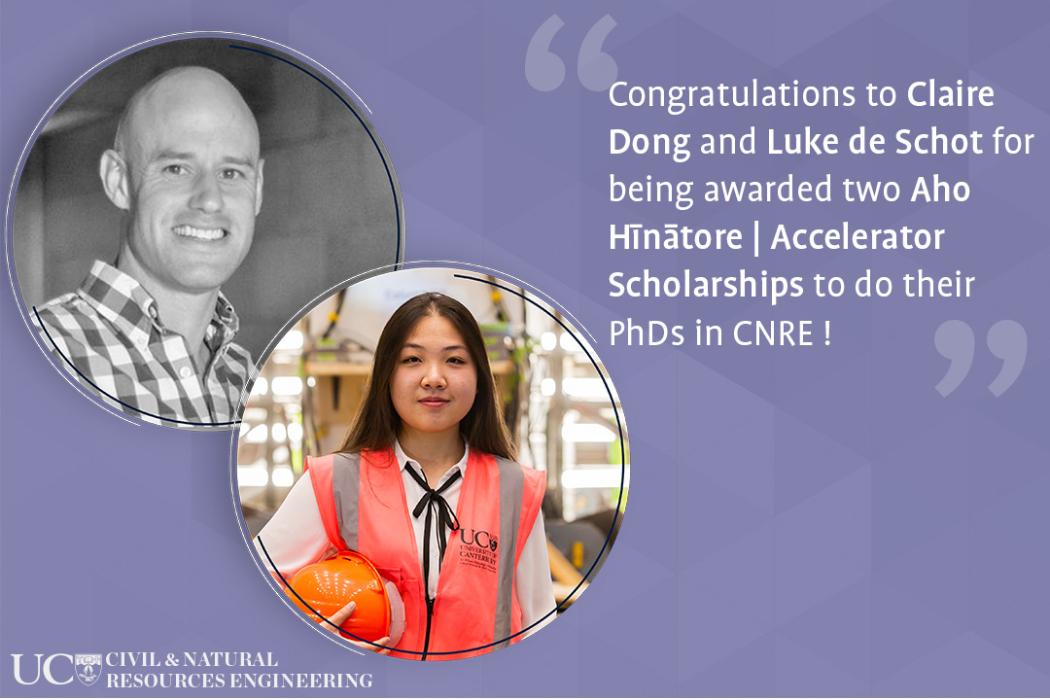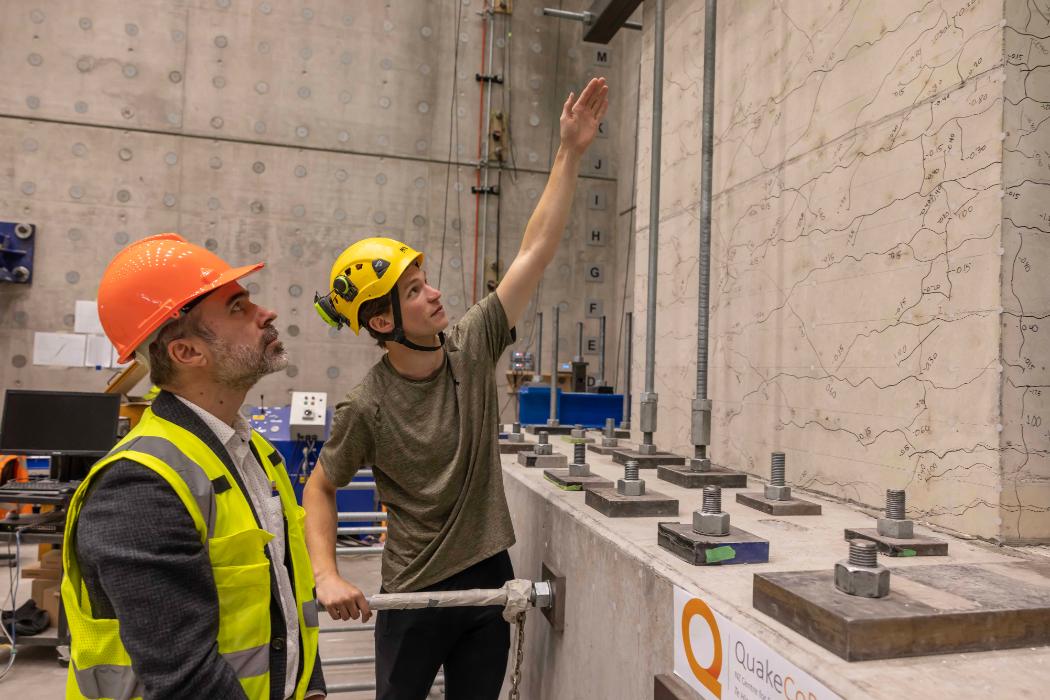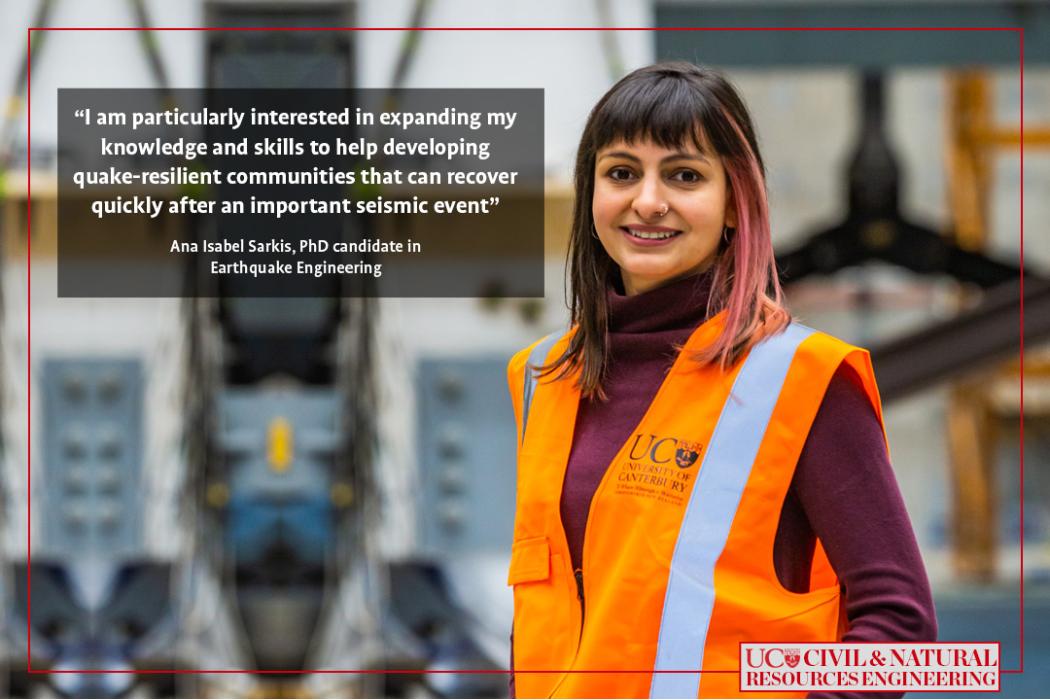Dr. Rebecca Peer, formerly at Stanford. Lectures Energy, Policy, and Society. Researches sustainable energy systems.
Study Renewable Energy Engineering at the undergraduate, Master's, or PhD level.

"Building the energy transition is likely humanity's largest infrastructure challenge. It also is our opportunity to make energy clean and cheap!" Dr. Jannik Haas - Director of Renewable Energy Engineering Postgraduate Programmes.

"Studying Renewable Energy opens the door to many careers, like an energy analyst, policy advisor, solar or wind engineer, project manager, or sustainability officer." Dr. Rebecca Peer - Deputy Director of Renewable Energy Engineering Postgraduate Programmes.
Worldwide, jobs in the renewable energy sector have grown from 7 million in 2012 to 14 million in 2022 (IRENA, 2023) and are expected to grow further to 100 million by 2030 (gridX, 2023). You can be part of this exciting change.
Become an expert in renewable energy by enrolling into our courses, Master or PhD programmes.
Why study Renewable Energy Engineering UC?
- The Renewable Energy Engineering programmes are directed by the Department of Civil and Natural Resources Engineering, consistently ranked in the top 50 globally (top 41, Shanghai 2023; top 11, Shanghai 2022).
- Your instructors from our Faculty of Engineering are world-class. They have worked, for example, at Stanford, the German Aerospace Center, RocketLab, ETH, Harvard University, and Cambridge.

UC is consistently ranked in the top 2% globally and top 50 in global impacts on Climate Action and Sustainable Cities and Communities (SDG Rankings).

Your instructors are world leaders in designing future energy systems and technologies, reflected in over 50 million dollars of funding they have recently attracted.

Many of our students get the Orion or Manaaki Scholarship. Check if you are eligible for these or other scholarships.

Our graduates get exciting jobs as policy advisors, transmission system operators, solar system designers, energy analysts, sustainability consultants, and more. Salaries from 95 000 to 110 000 NZD (Seek NZ).

Hike, bike, kayak, swim! Our students and staff love to explore the beaches, mountains, and rivers close to Christchurch, the second-largest city in New Zealand.

Christchurch is among the top 100 Best Student Cities globally (QS, 2025) and has outstanding biking infrastructure. It is 10% cheaper than Auckland and 35% cheaper than Sydney.
Find out more about our courses, as well as the Master and PhD programmes in renewable energy engineering.
Renewable energy and sustainable technologies are part of most of UC's undergraduate engineering degrees. At Civil and Natural Resources Engineering, we offer the following courses, which you can choose as electives during your undergraduate studies:
- ENCN423 Sustainable Energy Technologies
- ENCN401 Engineering in Developing Communities
- ENGR621 Energy, Policy and Society
- ENCN623 Energy Systems Modelling and Analysis
- ENCN625 Wind Resource Modelling
- ENAE607 Building Energy Systems Design Practice
- ENTR614 Planning and Design of Sustainable Transport
- ENGR682 Energy Project
- ENAE605 Sustainable Building Design Practice
- ENAE610 Building Sustainability Assessment
You can also take courses from other engineering departments.
Overview
Help shape our future energy systems and policy by becoming a Master in the area of renewable energy. This one-year programme is designed to be flexible to meet your needs.
The programme is directed by the Department of Civil and Natural Resources Engineering, which is consistently ranked in the top 50 globally (top 41, Shanghai 2023; top 11, Shanghai 2022).
Many other engineering departments teach into the programme. Overall, the University of Canterbury is consistently ranked in the top 2% globally (Rankings UC, 2024), and does particularly well (top 50 globally) in the Impacts Ranking related to Climate Action, Sustainable Cities and Communities, and Responsible Consumption and Production (SDG Rankings UC, 2024).
Our students come from a wide range of engineering and science backgrounds and other areas like economics, energy, architecture, business and management, public policy, and international development.
Our graduates get exciting jobs. For example, we have graduates working as policy advisors (e.g., Ministry for Foreign Affairs), transmission system operators (e.g., Transpower), solar system designers (e.g., Sunrun), energy analysts (e.g., Intelligent Energy Systems), or consultants (e.g., PSC Consulting).
The programme is officially called "Master of Engineering Studies endorsed in Renewable Energy". In other words, you will get a Master of Engineering specialised (endorsed) in Renewable Energy. "Studies" means it is course-based and not research-based.
Our courses
You need 8 courses to graduate. We offer many courses on renewable energy, such as:
- ENCN627 Renewable Energy Technologies or ENME605 Advanced Energy Systems Engineering
- ENGR621 Energy, Policy and Society
- ENCN623 Energy Systems Modelling and Analysis
- ENEL667 Renewable Electricity System Design
- ENCN625 Wind Resource Modelling
- ENCH683 Advanced Energy Processing Technologies and Systems
- ENAE607 Building Energy Systems Design Practice
- ENTR614 Planning and Design of Sustainable Transport
- ENGR682 Energy Project (this can be a research project at UC or a project at a company serving as entry to the job market)
Further electives inside and outside the Faculty of Engineering allow you to diversify your studies on energy systems, including courses from science, policy, psychology, economics, and others. Courses offered at UC can be searched here.
Scholarships
Many of our students get the Orion or Manaaki Scholarships. Further scholarships can be found here. Check if you are eligible.
Job opportunities
Postgraduate studies in renewable energy are a door opener. You could be looking at careers as an:
- Energy analyst
- Energy policy advisor
- Sustainable energy manager
- Solar or wind energy engineer
- Energy project director
- Sustainability professional
- Renewable energy technologist
Meet your Lecturers
World-class professors (we call them lecturers in New Zealand) teach into the programme. Along with other UC staff working on renewable energy, they have recently attracted over 50 million dollars of research funding and founded many startups. For example:


Dr. Jannik Haas, formerly at the German Aerospace Center. Lectures Energy Systems Modelling. Researches future energy systems.

Dr. Wentao Wu, formerly at Harvard. Lectures Building Energy Systems Design Practice. Researchers low-carbon buildings.

Dr. Yi Wang, formerly at ETH. Lectures Planning and Design of Sustainable Transport. Researches sustainable transport systems.

Dr. Jeremy Watson, formerly at Cambridge. Lectures Renewable Electricity System Design. Researches integration of renewable technologies into power grids.

Dr. Matt Watson, founder of NILO and Aspiring Materials. Lectures Advanced Energy Processing. Researches industrial decarbonisation.

Dr. Enda Crossin, formerly at the University of Queensland. Lectures Sustainable Systems in Engineering. Researches environmental life cycle assessment.

Dr. Christina Dunker, formerly at RocketLab. Lectures Wind Resources Modelling. Works for the space industry.

Dr. Andrew Lapthorn, Director of the High Voltage Lab. Lectures Renewable Electricity System Design. Researches high voltage technologies.
PhD in Renewable Energy Engineering
Advance the future of energy: Do a PhD in Renewable Energy Engineering at the University of Canterbury.
Our PhD in Renewable Energy Engineering is designed for visionary leaders and researchers who are driven to shape the future of global energy systems. This program offers cutting-edge research opportunities, access to state-of-the-art facilities, and interdisciplinary collaboration with world-renowned experts.
Your first steps towards a PhD involve finding a supervisor for your topic (see our research groups below) and exploring our PhD scholarships.
Upcoming events
You might be interested in attending the upcoming events:
- New Zealand Hydrogen Symposium (NZHS3): 3-5 February 2025. This is New Zealand's main conference on hydrogen research, organised by the Sustainable Energy Research Group SERG.
- Webinar on the Master and PhD programmes in renewable energy, to be announced.
Research groups on Renewable Energy
Contact us

Programme Administrator

Future Students Office

